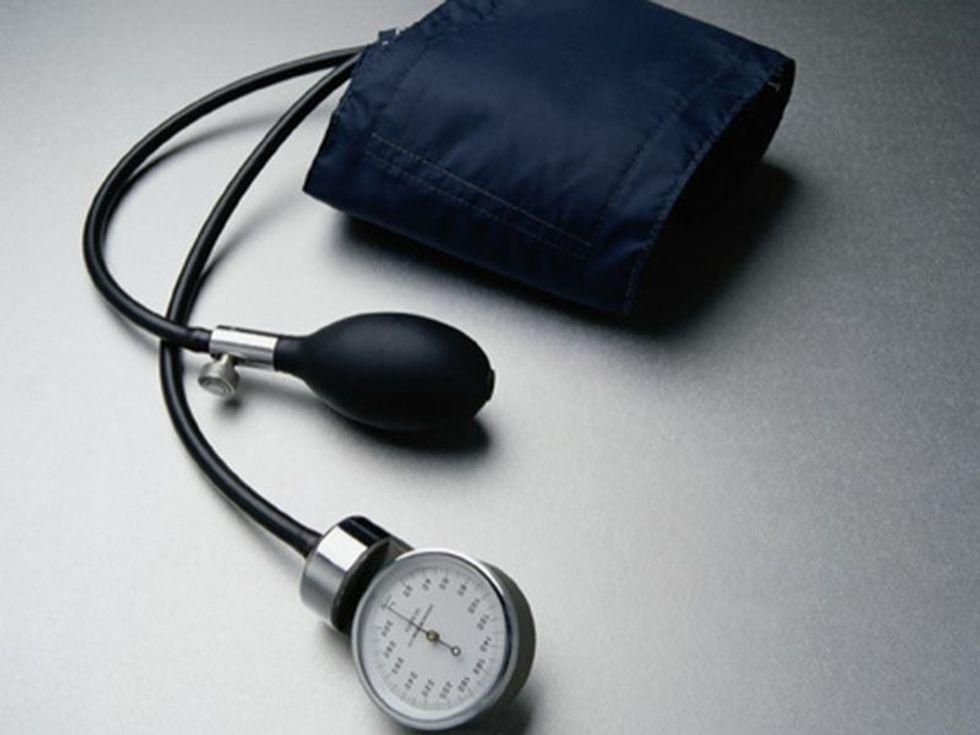
Two long used types of blood pressure drugs are equally effective, but the less popular one seems to have fewer side effects, according to a large “real-world” study. The two classes of medication are both recommended as “first-line” treatments for high blood pressure: angiotensin-converting enzyme (ACE) inhibitors and angiotensin receptor blockers (ARBs). ACE inhibitors have… read on > read on >






























